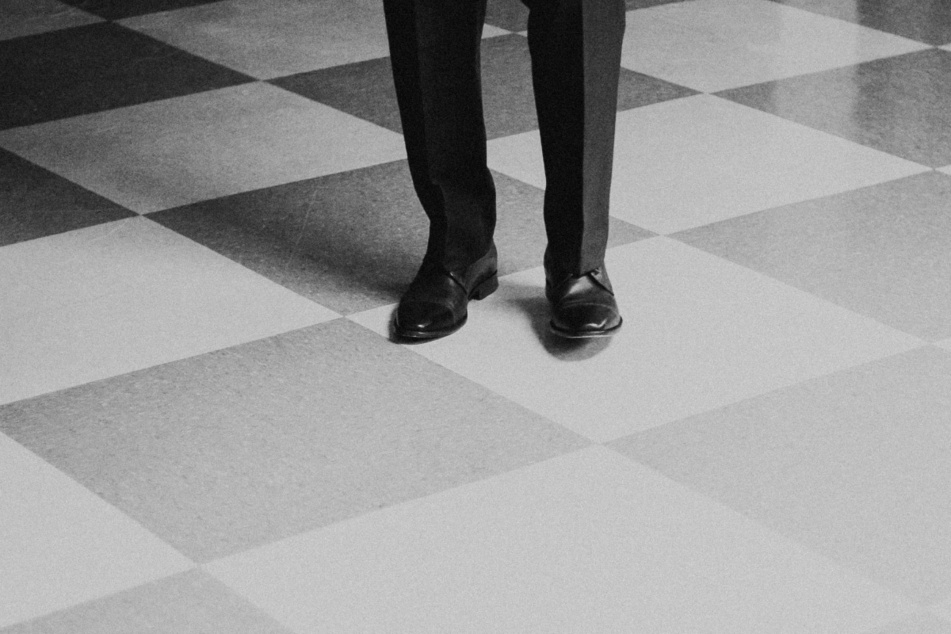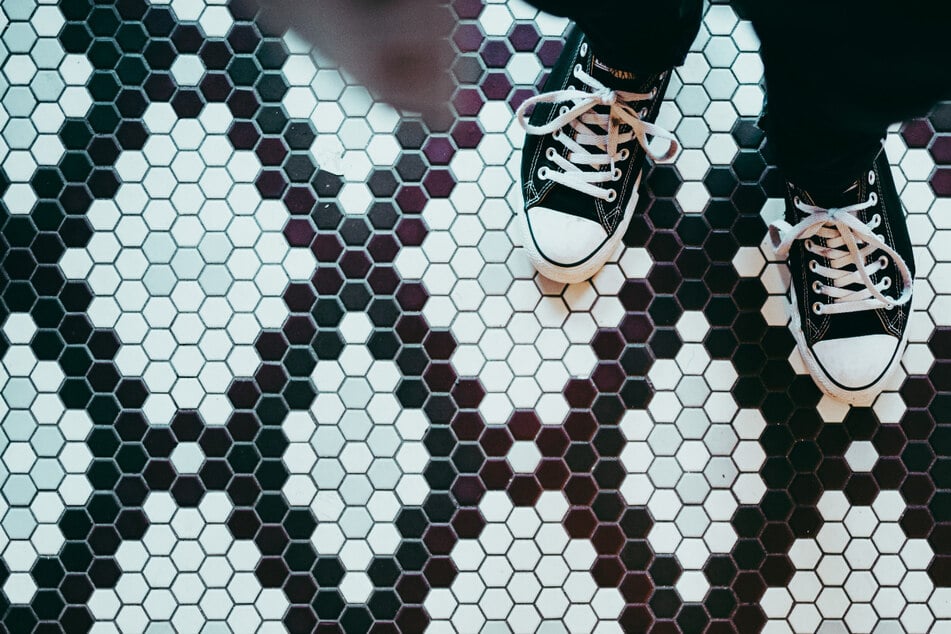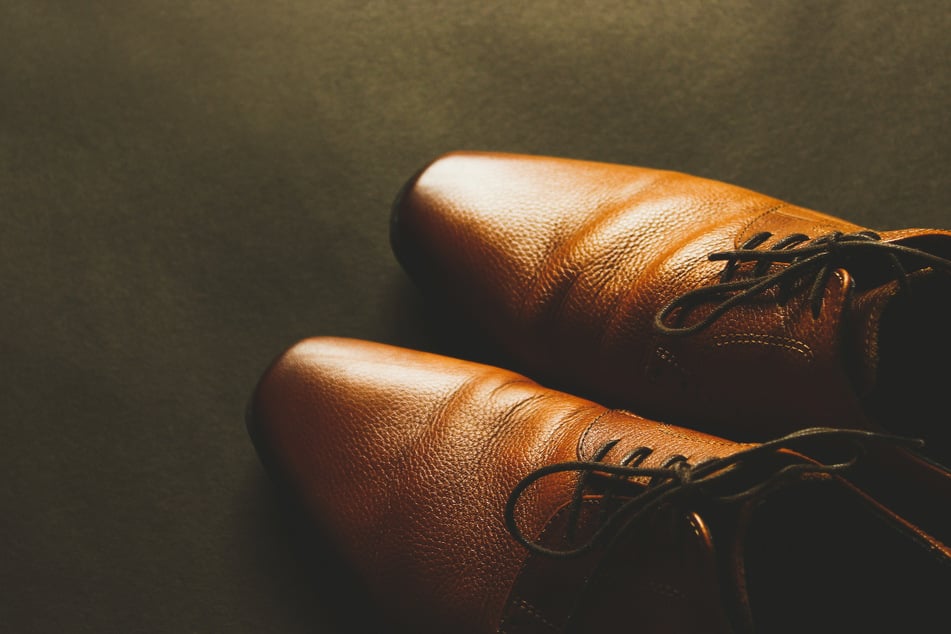What can you do about squeaky shoes? Here's how to fix noisy soles
Do people hear you coming before you even turn the corner? There's a reason your shoes make that squeaking noise - and even though it often feels like there's nothing you can do about it, experts say there are some solutions.

Walking down a long hallway, through a quiet office, or in a restaurant where you can hear a pin drop can be a mild form of torture in the wrong pair of shoes, no matter how fashionable the 'fit.
When a constant squeaking, clicking, or some other shoe-related racket follows you around, embarrassment often isn't far behind.
But why do shoes sometimes make these sounds? And most importantly, how can you put an end to the pesky and annoying sounds?
Got squeaky sneaks or loud leather loafers? With this guide, you can kick the problem to the curb!
Why are your shoes squeaking?

It's usually impossible to fully test out when buying new shoes whether a pair might start to squeak at some point, as normally, they require a bit of wear before any issues arise.
Liselotte Vijselaar, head of the Physical Materials Testing and Inspections Department at the German Shoe Institute, said there are a number of different possible causes, and both the ground surface and the shoe can be to blame.
Friction and grip are crucial
Squeaking basically occurs when different materials rub against each other, with soft material rubbing against hard, tending to make the noise. If, for example, a soft high-grip plastic sole meets a hard floor, noise is more likely than if you walk over laminate flooring or carpet, for example.
Moisture also plays a role, said the shoe expert: a freshly mopped floor or a polished, hard surface such as linoleum, for example, are much more likely to squeak. Cleaning floors too well can also be a reason, and completely removing greasy dirt from a smooth surface can be the cause of squeaking.
Nevertheless, it's not always the shoe and ground colliding that causes noise. For example, Vijselaar said it's hard to say that the rubber soles of sneakers always squeak on tiles. Even on the same kind of flooring, the same shoe doesn't squeak every time. It also depends on the wearer and how they walk - and even the position of the feet.
The shoe itself may be the cause
The reasons can also lie in the shoe itself: The material alone can make a noise when you walk. Leather shoes, for example, are often a bit stiff and creak when you first wear them. They have to be broken in first. An ill-fitting insole can also be the cause, or more rarely, the socks.
Moisture – ahem, sweaty feet – also encourages squeaking in the inside of the shoe, as it tends to change the friction properties of the material, said Vijselaar.
Last but not least, the fit of the shoe could also be to blame for the squeaking: If the shoe is slightly too big, the small air space in the gap can cause noise when walking. "It's a combination of gait, the surface you're walking on and outsole," summarised Vijselaar.
What can you do about noisy shoes?

What can be done about loud shoes?
Not too much, unfortunately, said the engineer for leather processing and shoe technology.
She advises against home remedies such as hairspray for treating the sole: "It doesn't make sense, it's like spraying a car tire - it soon rubs off again." Moreover, the spray could stain the material.
She also doesn't think much of the tip of treating new sneaker soles with sandpaper: "This will damage the sole and reduce the quality."
A closer look will often tell you whether or not the squeaking is coming from the inside of the shoe. "You can sometimes quickly see where it's rubbing. An insole, for example, can help" with sound, said Vijselaar.
If the shoes have gotten damp, it helps to stuff them with newspaper overnight and let them get dry, or to sprinkle baking power or bicarbonate of soda in them.
Breaking in shoes well is a good idea for all materials. Especially with leather, which should also be regularly cared for with shoe polish.
As a rule, the squeaking and creaking will eventually stop by itself, said the shoe expert. "You often just need a little patience."
Otherwise, you could always try whispering sweet nothings that speak to the sole.
Cover photo: Unspalsh/ambobnelson